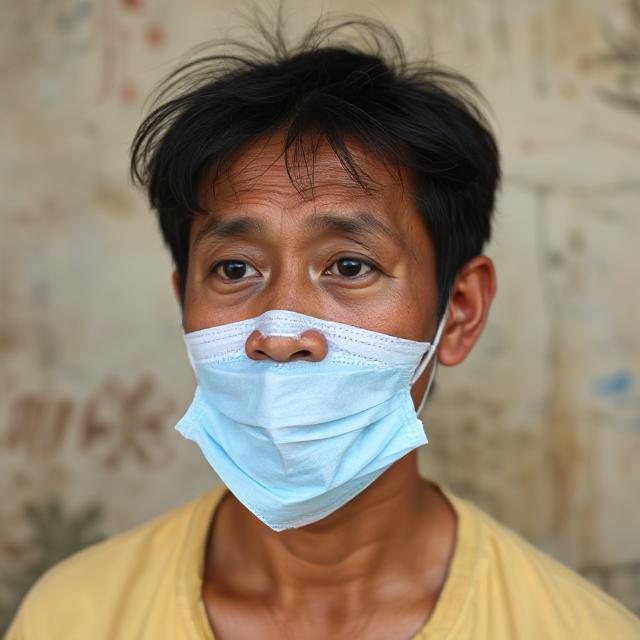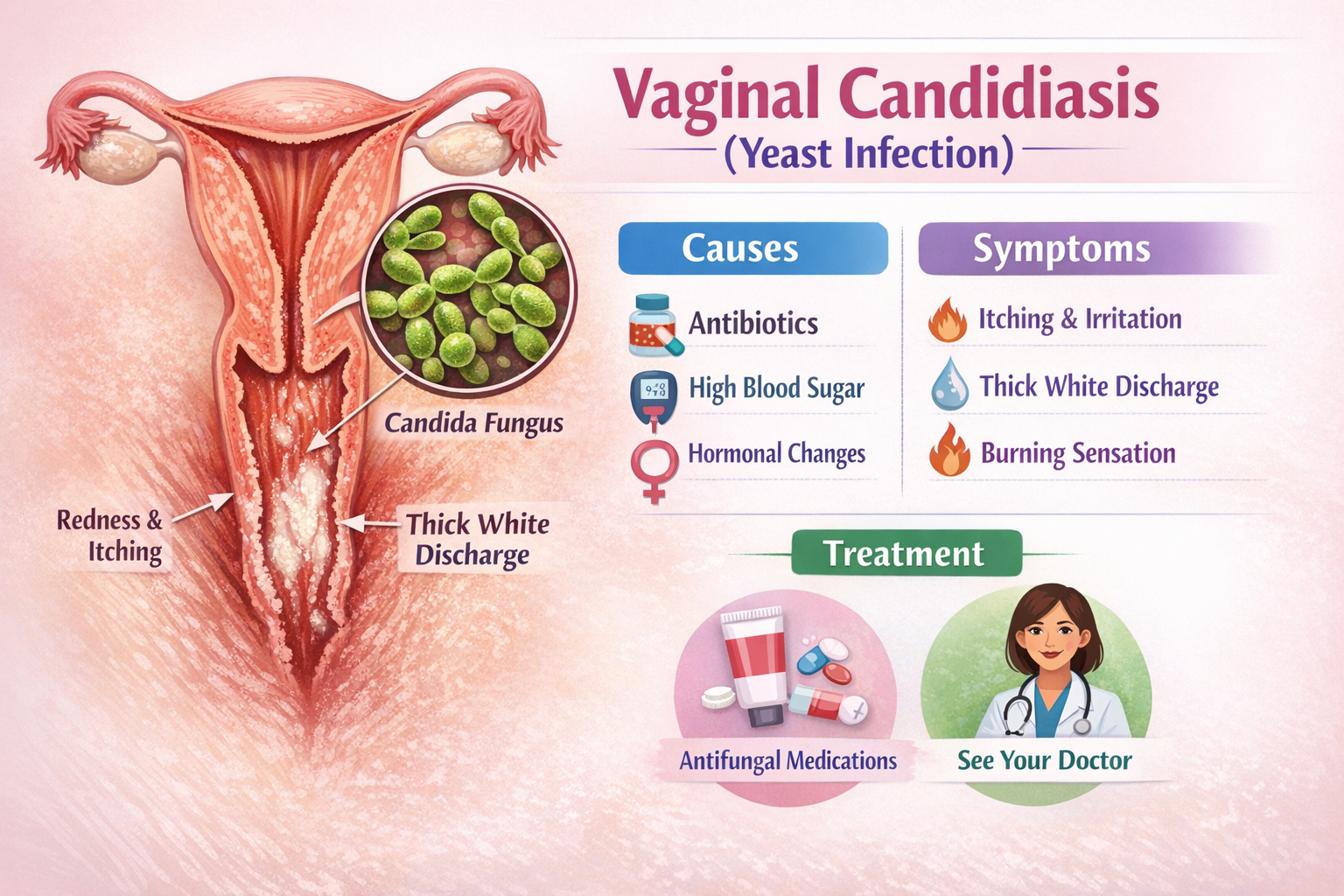Dengue fever, also known as “breakbone fever,” is a mosquito-borne viral infection that has become a major public health concern, especially in tropical and subtropical regions. Every year, millions of people worldwide suffer from this potentially serious illness, making awareness and prevention crucial.
What is Dengue Fever?
Dengue fever is caused by the dengue virus (DENV), which is transmitted to humans through the bite of infected female Aedes aegypti and Aedes albopictus mosquitoes. The virus has four distinct serotypes (DENV-1 to DENV-4), meaning a person can be infected up to four times in their lifetime.
Symptoms of Dengue Fever
Symptoms usually appear 4 to 10 days after being bitten and can range from mild to severe. Common signs and symptoms include:
- High fever (up to 104°F or 40°C)
- Severe headaches
- Pain behind the eyes
- Joint and muscle pain
- Skin rash (appearing after a few days of fever)
- Nausea and vomiting
- Fatigue
- Mild bleeding (nose or gums, easy bruising)
Severe Dengue (Dengue Hemorrhagic Fever)
In some cases, dengue can develop into severe dengue, which can be life-threatening. It may lead to:
- Severe bleeding
- Organ damage
- Plasma leakage
- Shock (Dengue Shock Syndrome)
Immediate medical attention is essential in such cases.
Diagnosis of Dengue
Dengue is diagnosed through:
- Blood tests to detect the virus or antibodies
- CBC (Complete Blood Count) to monitor platelet levels and white blood cells
Early diagnosis helps in managing the disease effectively.
Treatment of Dengue Fever
There is no specific antiviral treatment for dengue. However, supportive care can help manage symptoms:
- Plenty of fluids to prevent dehydration
- Paracetamol (acetaminophen) for pain and fever (avoid ibuprofen and aspirin as they may increase bleeding risk)
- Bed rest
- Monitoring of platelet levels in case of severe dengue
Hospitalization may be required in cases of severe symptoms, dehydration, or significant drop in platelet count.
Prevention of Dengue Fever
Preventing mosquito bites is the most effective way to avoid dengue infection:
1. Use Mosquito Repellents
- Apply DEET-based repellents on exposed skin.
- Use mosquito nets while sleeping.
2. Eliminate Breeding Sites
- Regularly empty stagnant water from containers like flower pots, tires, and coolers.
- Keep water storage containers covered.
3. Wear Protective Clothing
- Wear long sleeves and pants, especially during early morning and late afternoon when mosquitoes are most active.
4. Community Involvement
- Participate in local cleanliness drives and anti-mosquito campaigns.
- Educate others about dengue and its prevention.
Is There a Dengue Vaccine?
Yes, a dengue vaccine (Dengvaxia) has been developed, but it is currently recommended only for individuals aged 9–45 years who have had a previous dengue infection. Its use is limited in many countries due to safety concerns in those who have never been infected before.
Conclusion
Dengue fever is a serious but preventable illness. Awareness, early diagnosis, and effective mosquito control are the keys to reducing its impact. With no specific cure available, prevention remains the most powerful tool against dengue. Protect yourself and your community by staying informed and taking action.




